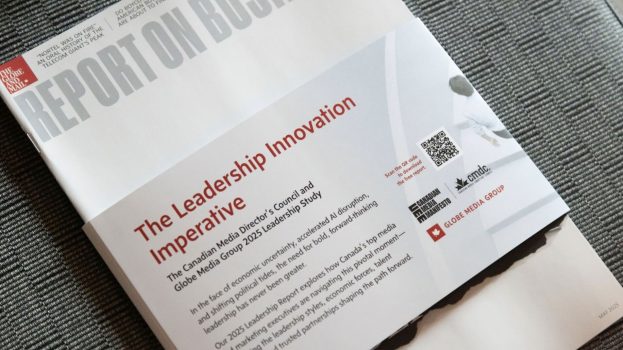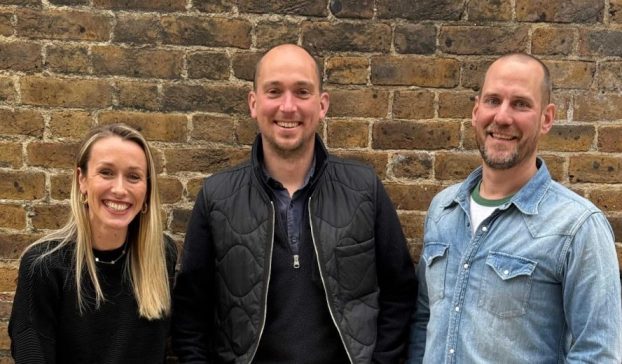Q’s + coffee with…
Laurie Coots, chief marketing officer, worldwide, TBWAWorldwide, NYC
If your marketing department recently assigned an innovation title, you’re not alone. It seems to be a growing trend, according to Laurie Coots, chief marketing officer of TBWAWorldwide. She says firms have become stretched so thin, nobody has had time to come up with ideas. So, as a quick fix, firms are creating these new roles.
Problem is, it’s not enough. ‘It makes for good ink for a short period of time, but it doesn’t give you any traction – products don’t change, services don’t change, nothing changes because it has no street cred within the organization.’ To truly be successful at innovation, she adds, it must be a priority for the rank and file. ‘The receptionist, the guy in the mail room, all the way up to your line presidents, they all have to believe that innovation has value.’
Coots knows a thing or two about the ‘i’ word. She’s helped pioneering brands like Apple and PlayStation ‘disrupt the status quo,’ as she calls it. Last month, she shared her techniques with an audience at the BC American Marketing Association’s Vision conference in Vancouver. Over coffee (it was early morning after all), strategy learned more.
How can you make innovation systemic?
Compensation schemes must have innovation as an objective people are judged against, and you have to make sure that in your relationship with customers you have seeded appreciation and desire for innovation – customer satisfaction has to be driven by that.
How does a marketer go about disrupting the status quo?
The objective is to examine all the dimensions that determine the success of a brand and look for beliefs that are so entrenched nobody sees them any more. In mobile, for example, you’d want to ask ‘how are things displayed? How are they sold? What’s the distribution channel?’ When you look carefully, you see that the stock price of most wireless companies are based on gross adds.
So then ask yourself ‘what if things were different? What if we behaved like Southwest Airlines?’ They’re reasonably priced, make a profit and are discounted and nobody thinks they’re low value. You’re forced to look at the same situation through a different lens. Once you’ve clarified that, you can ask: ‘How does it impact everything we do – corporate culture, products we come up with, how we talk about ourselves?’ If it doesn’t inform all those things, it’s a little idea.
How important is looking at other categories for ideas?
Lateral learning is one of the most helpful and underutilized tools out there. I learned about it from a retired professor, who would suggest reading a trade magazine from another industry. And he would challenge you to find three ideas that would benefit your business. It’s a simple thing, but it allows you to be more open-minded.























